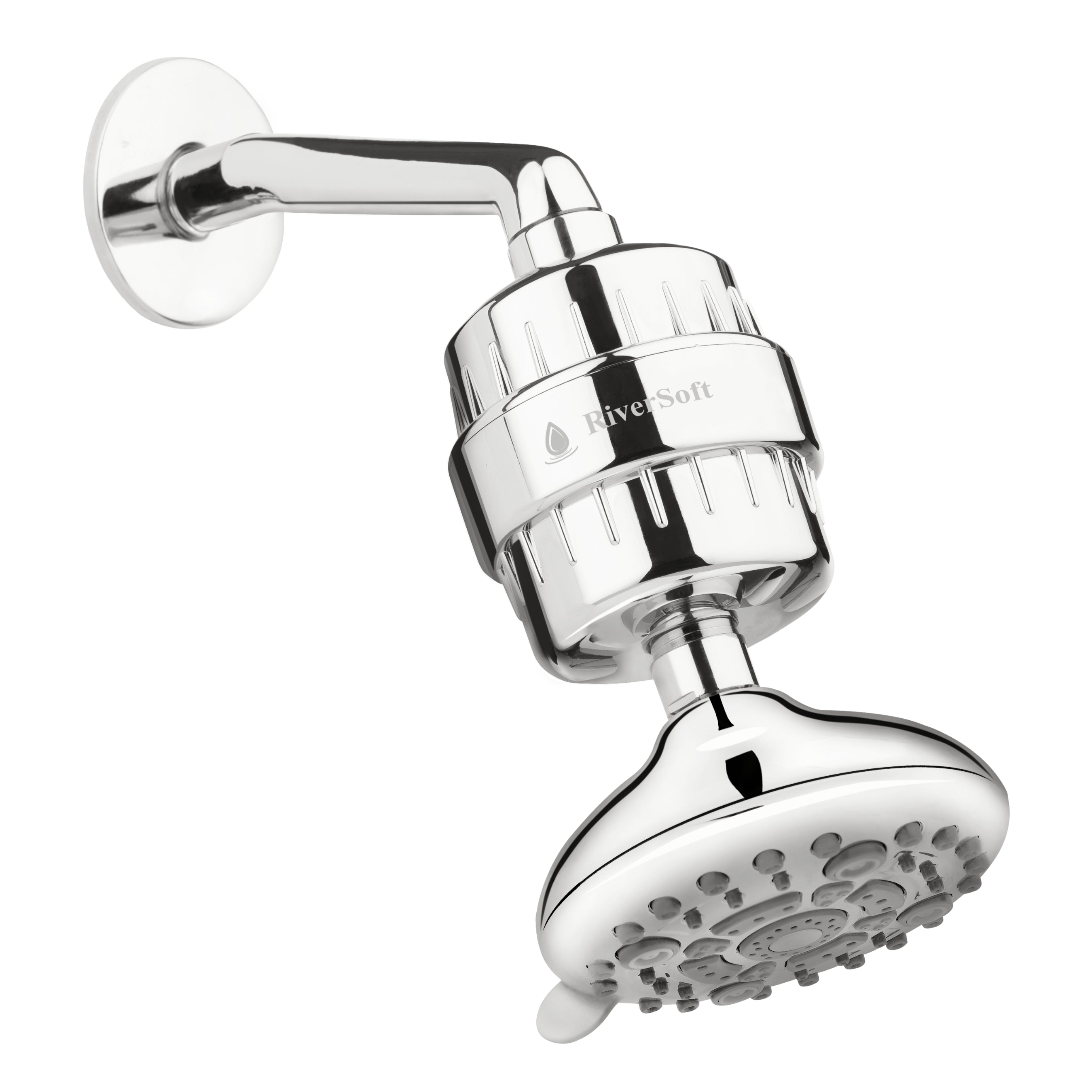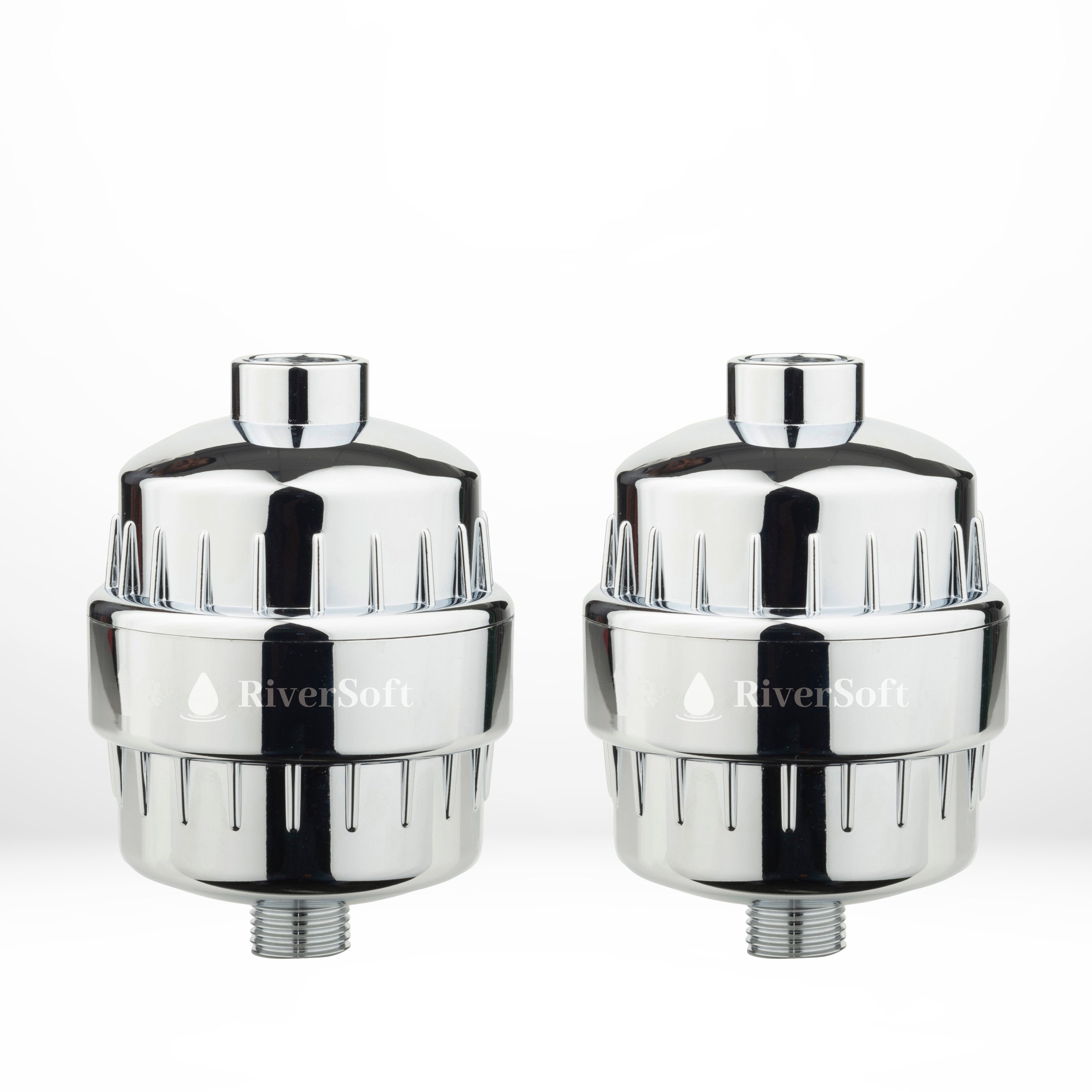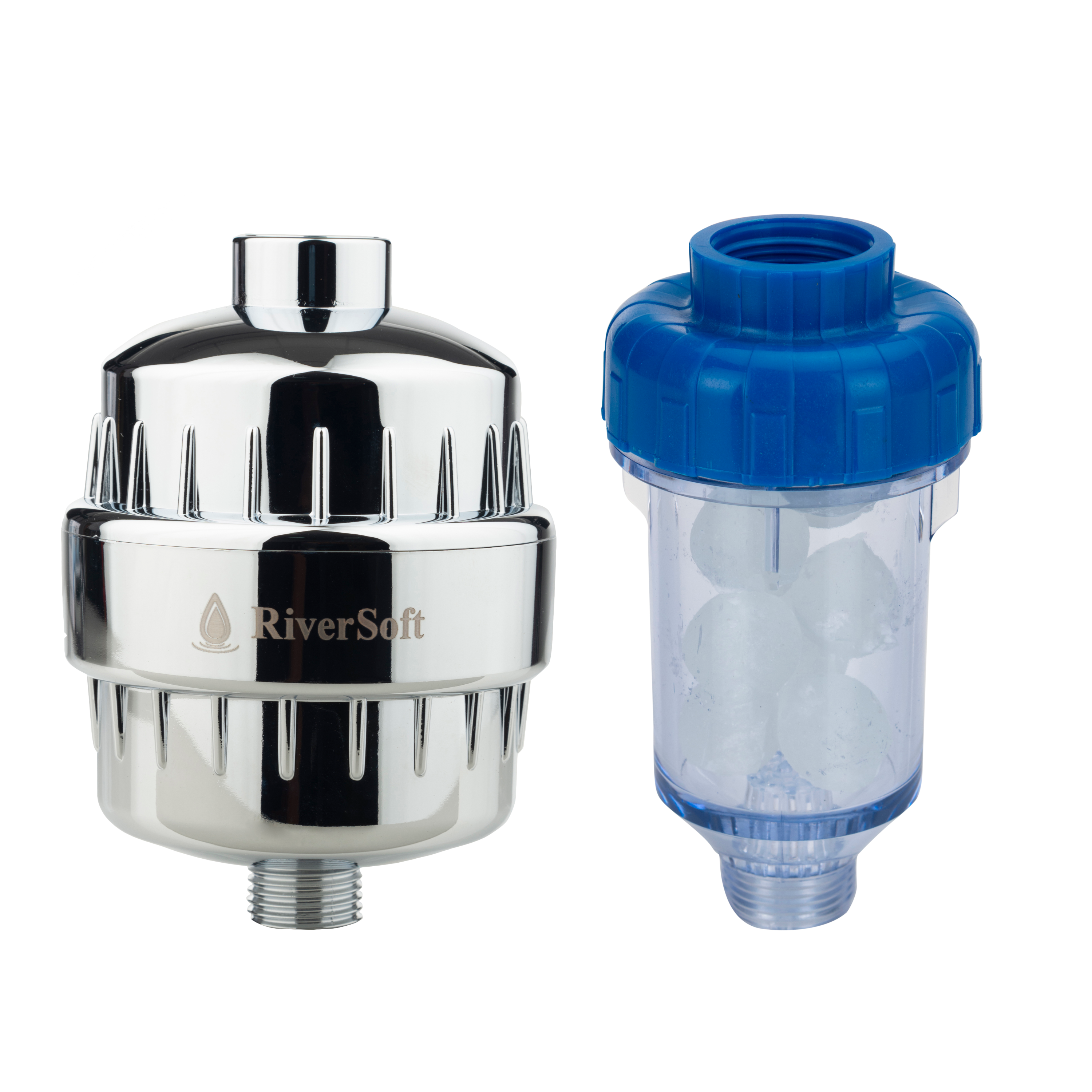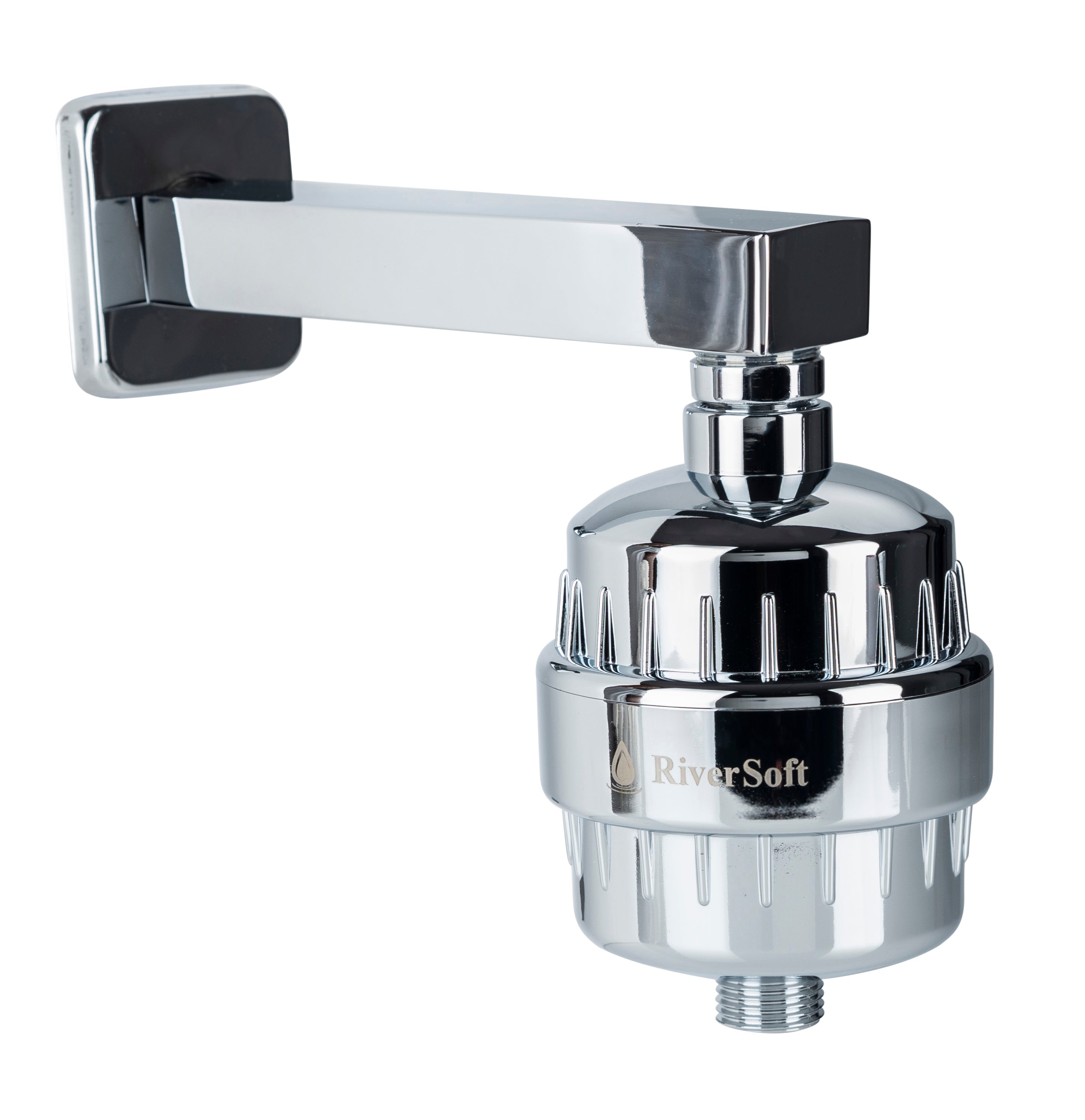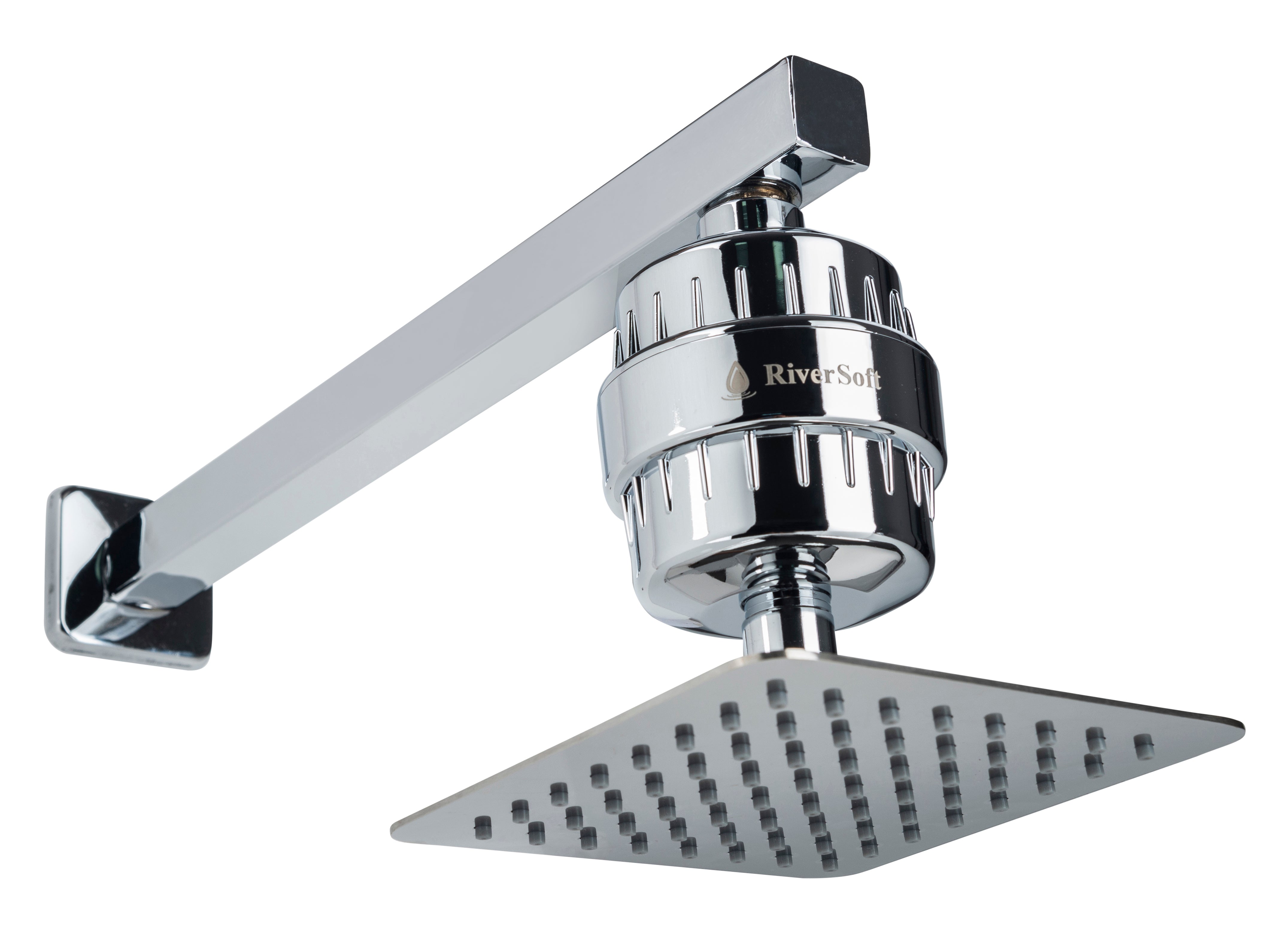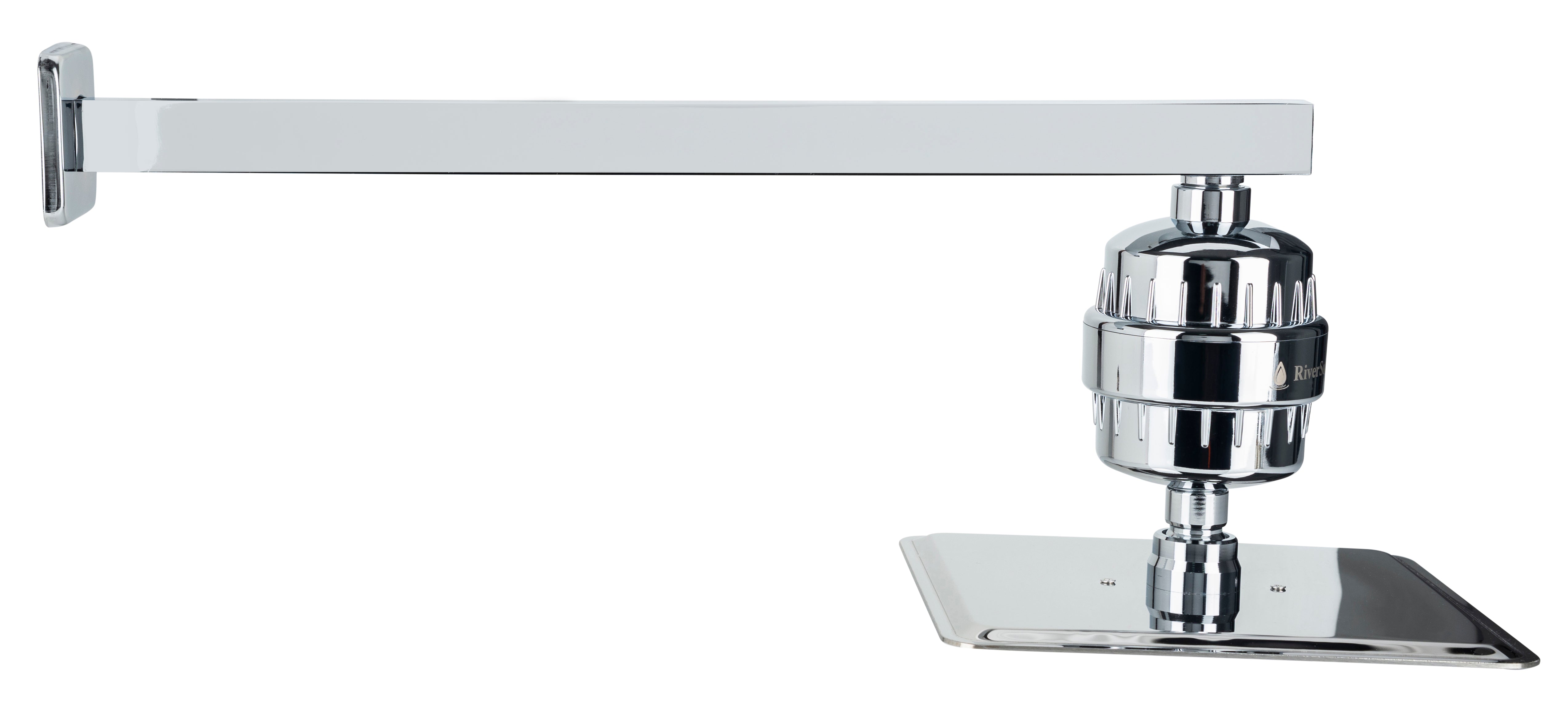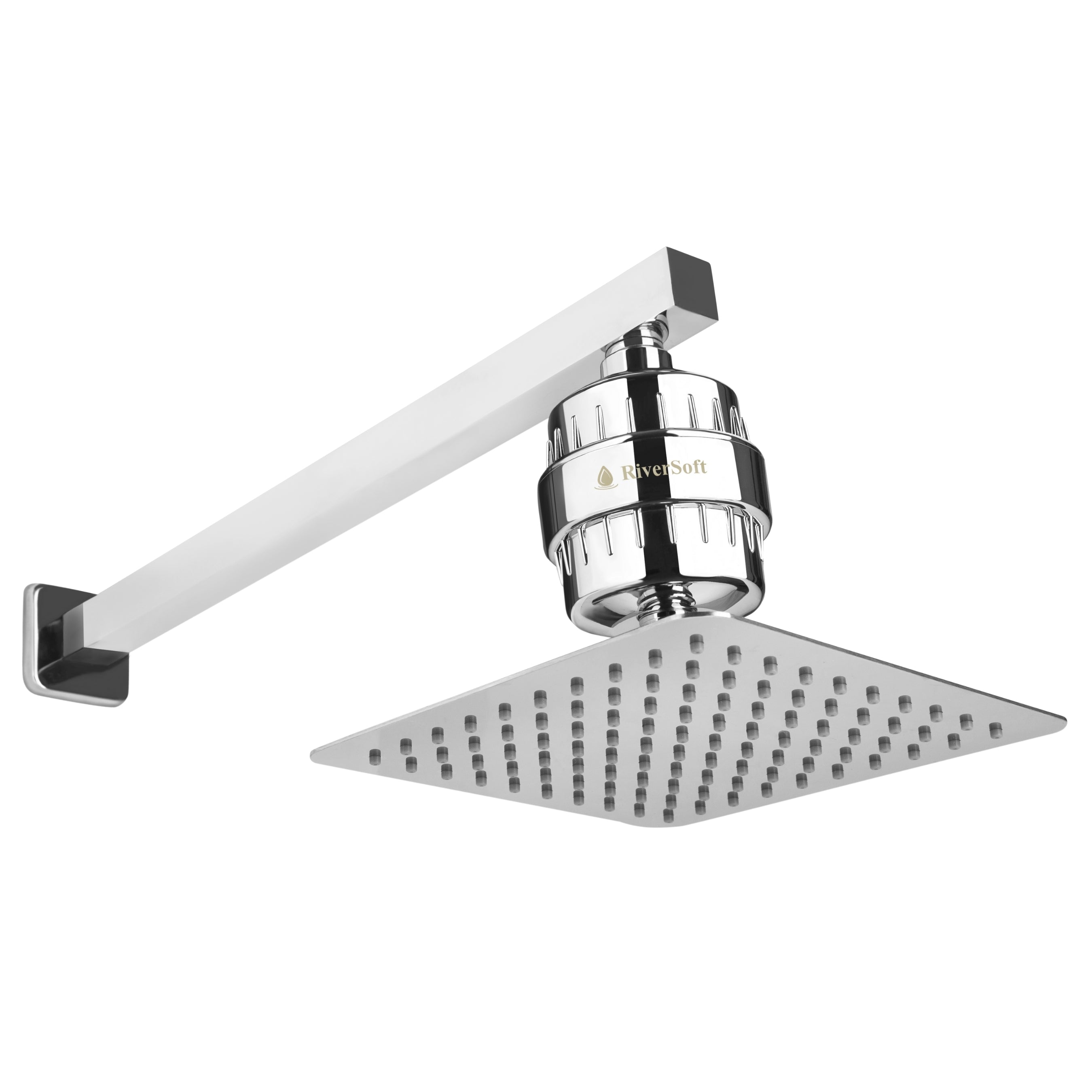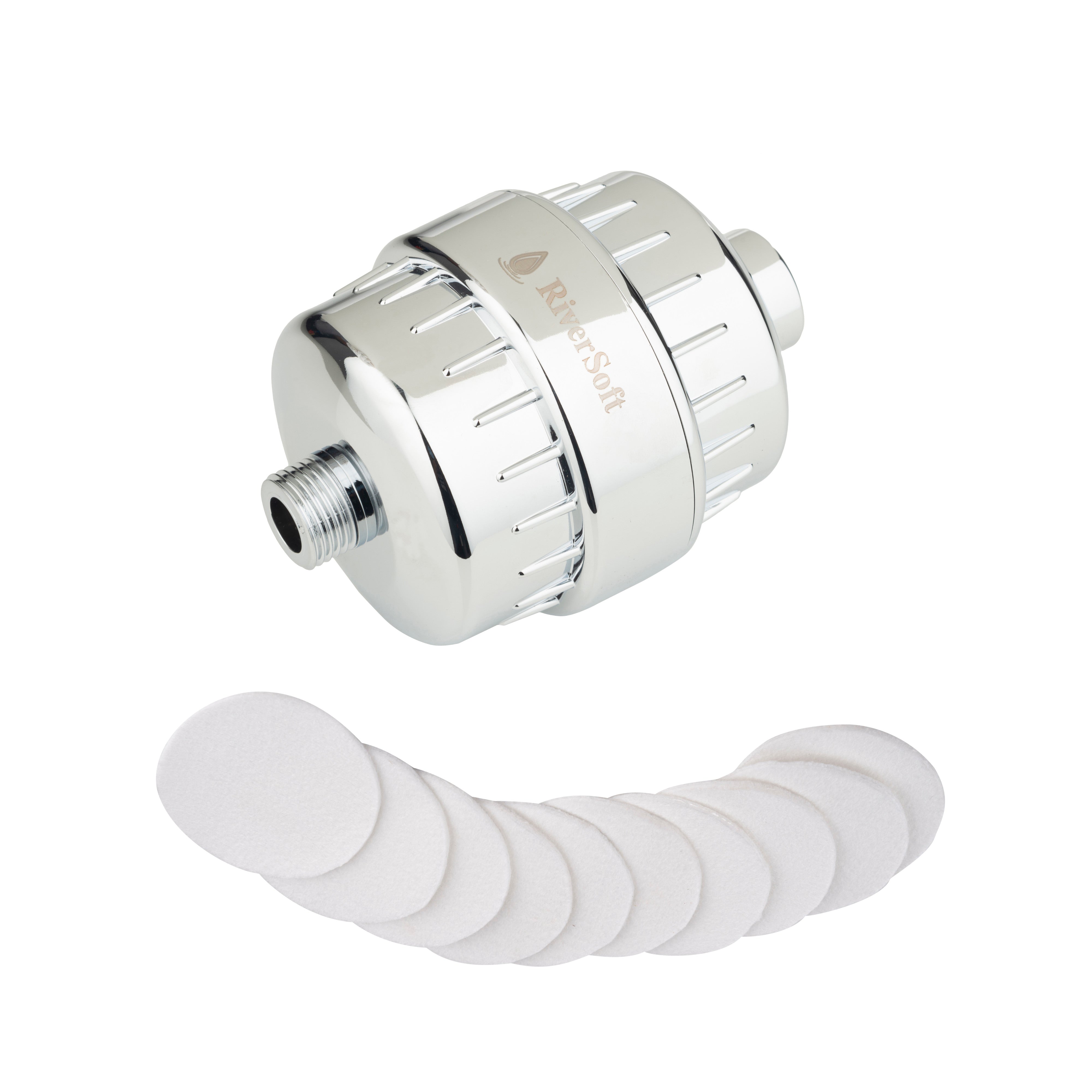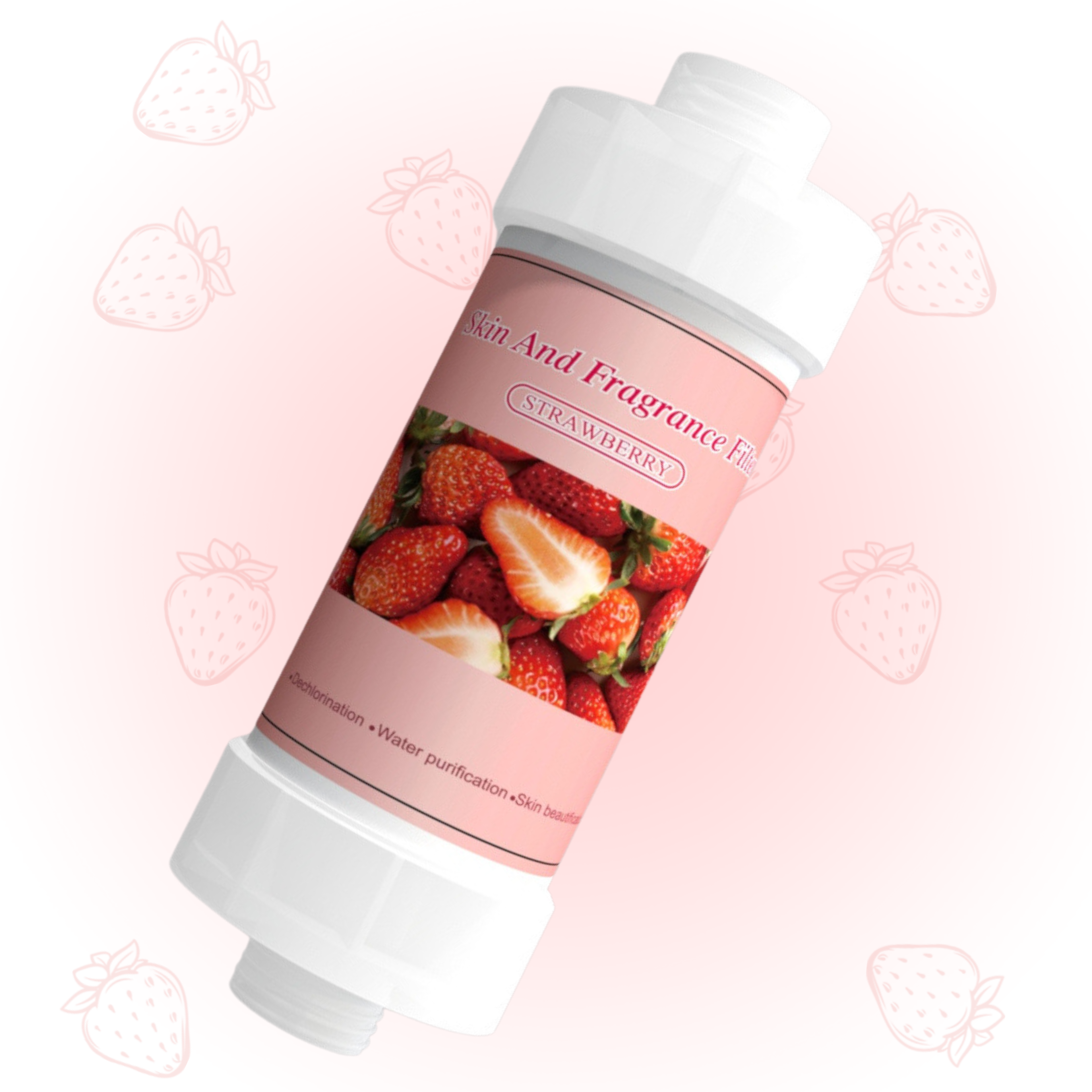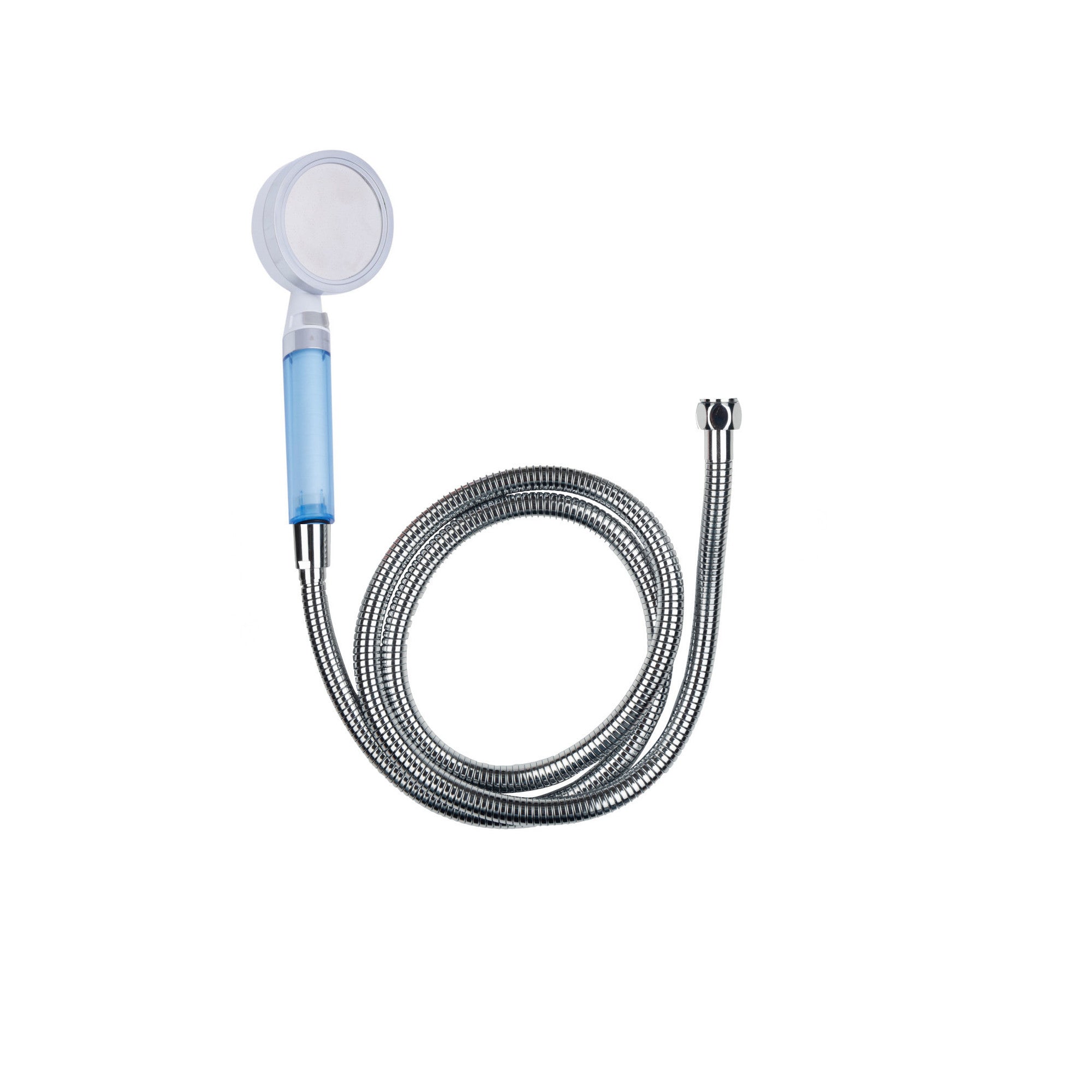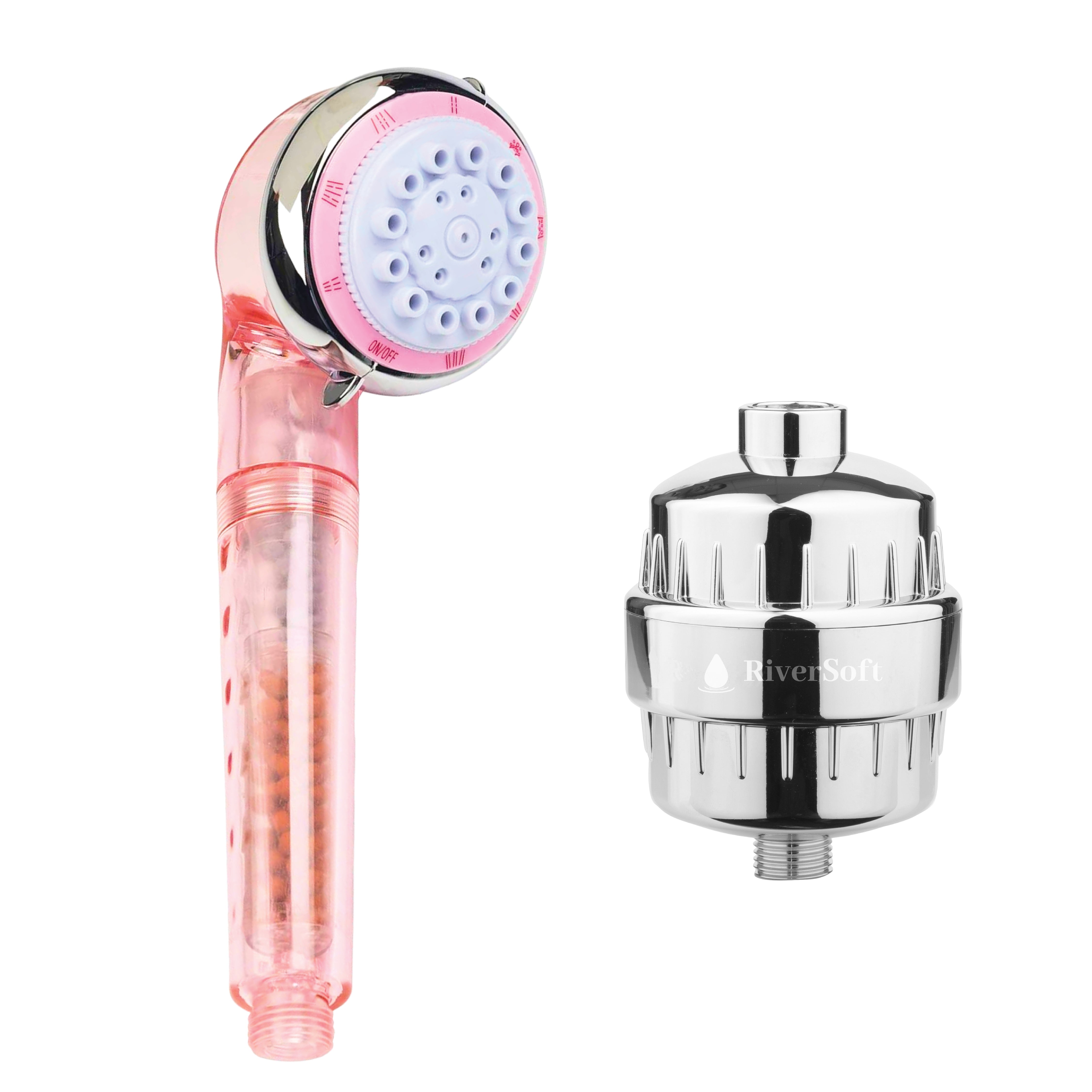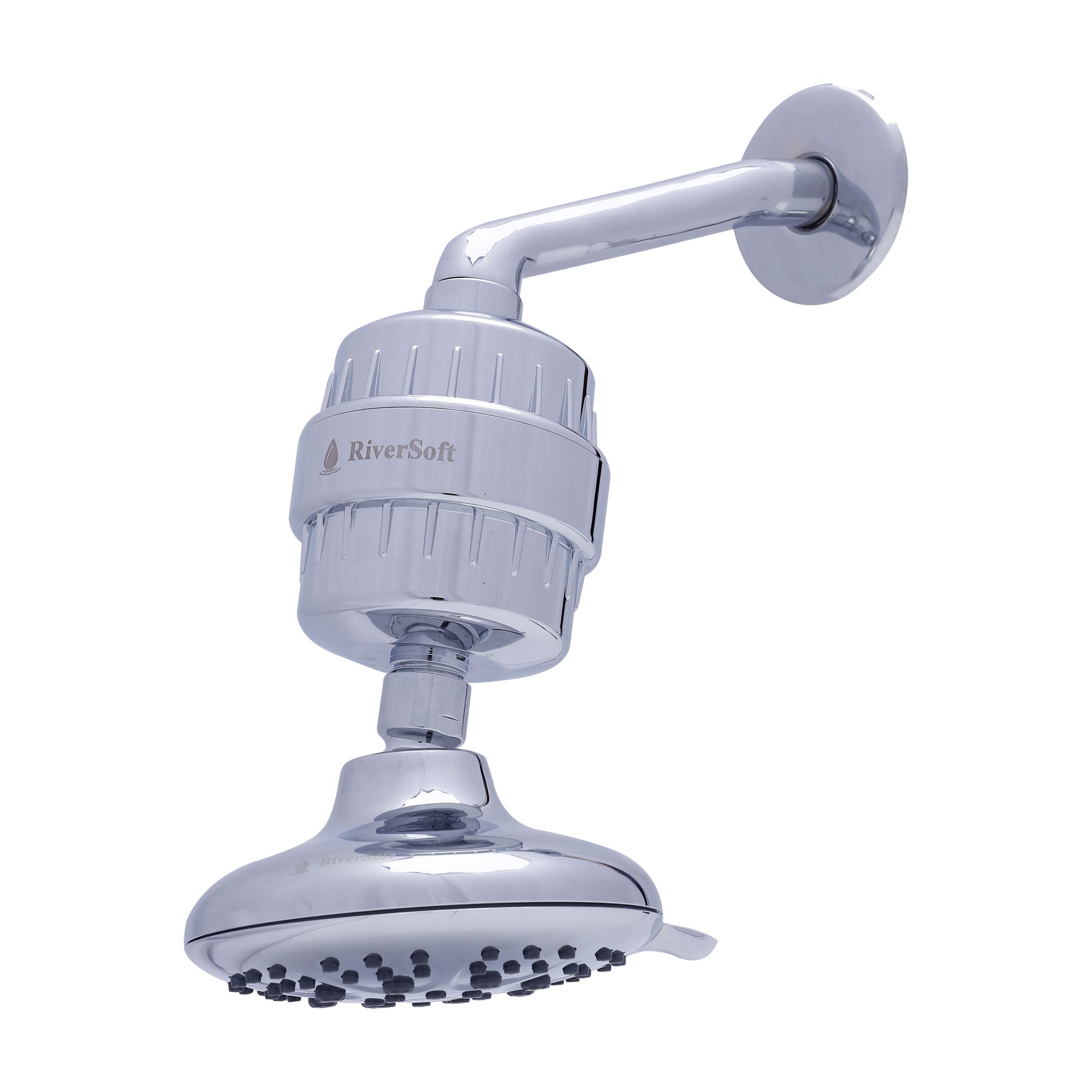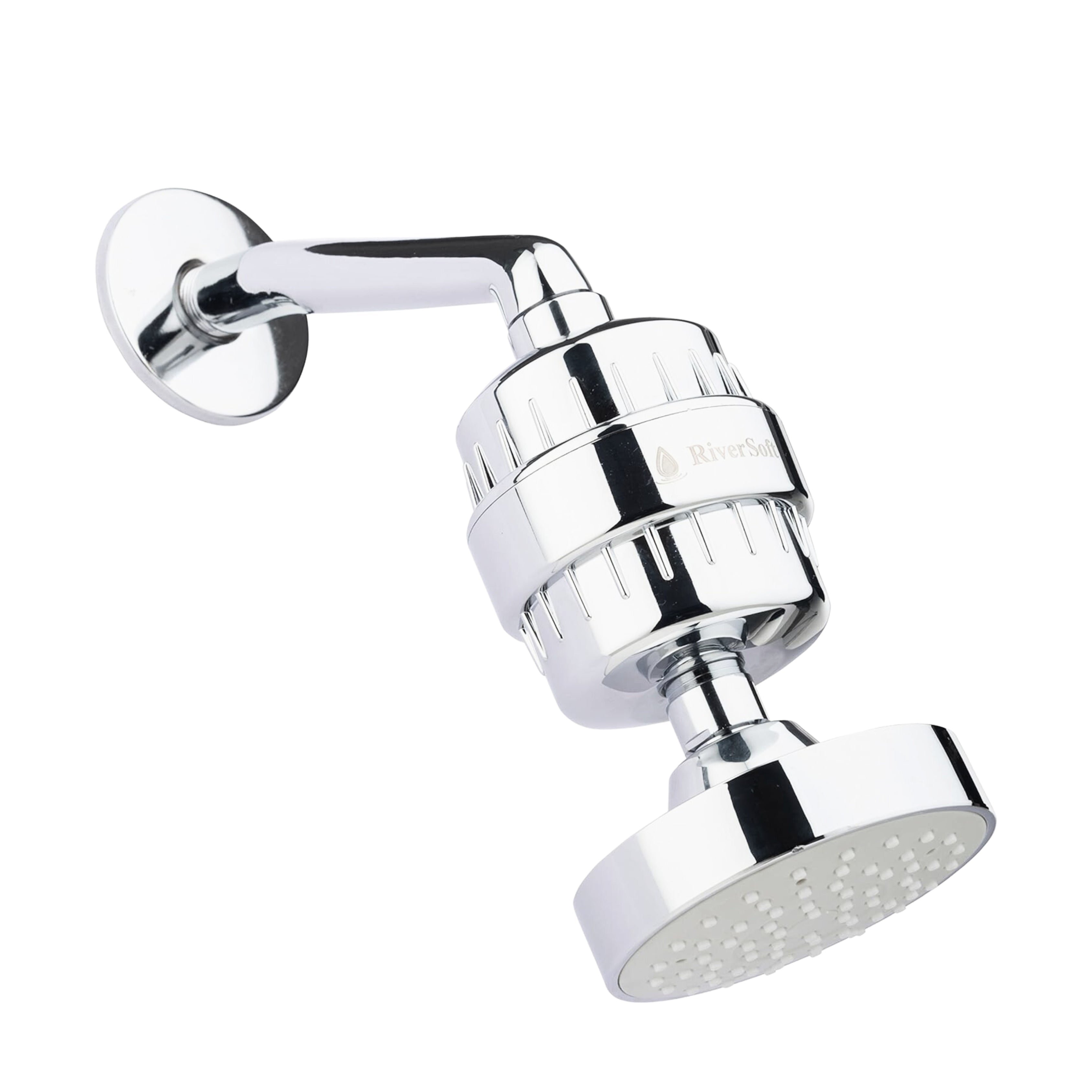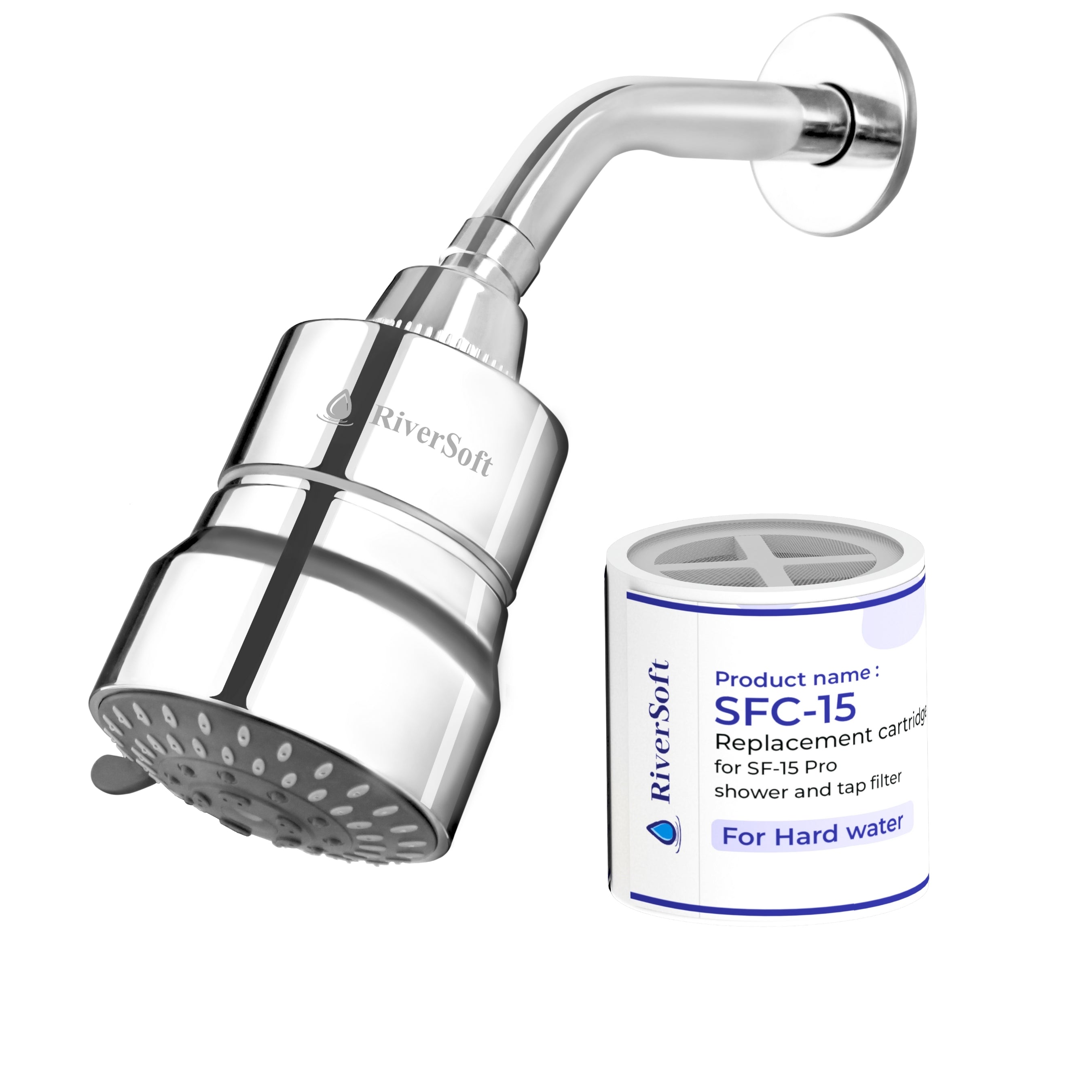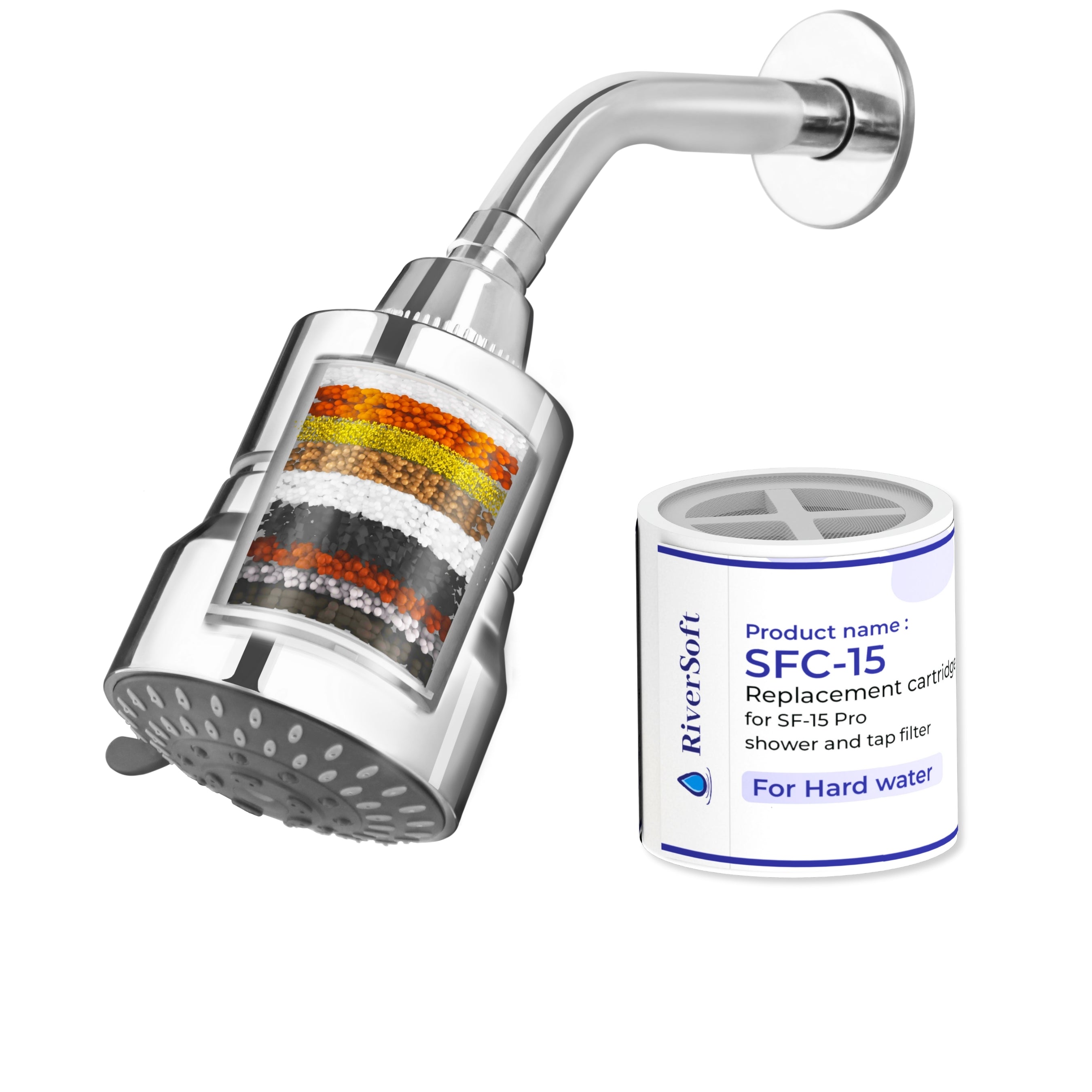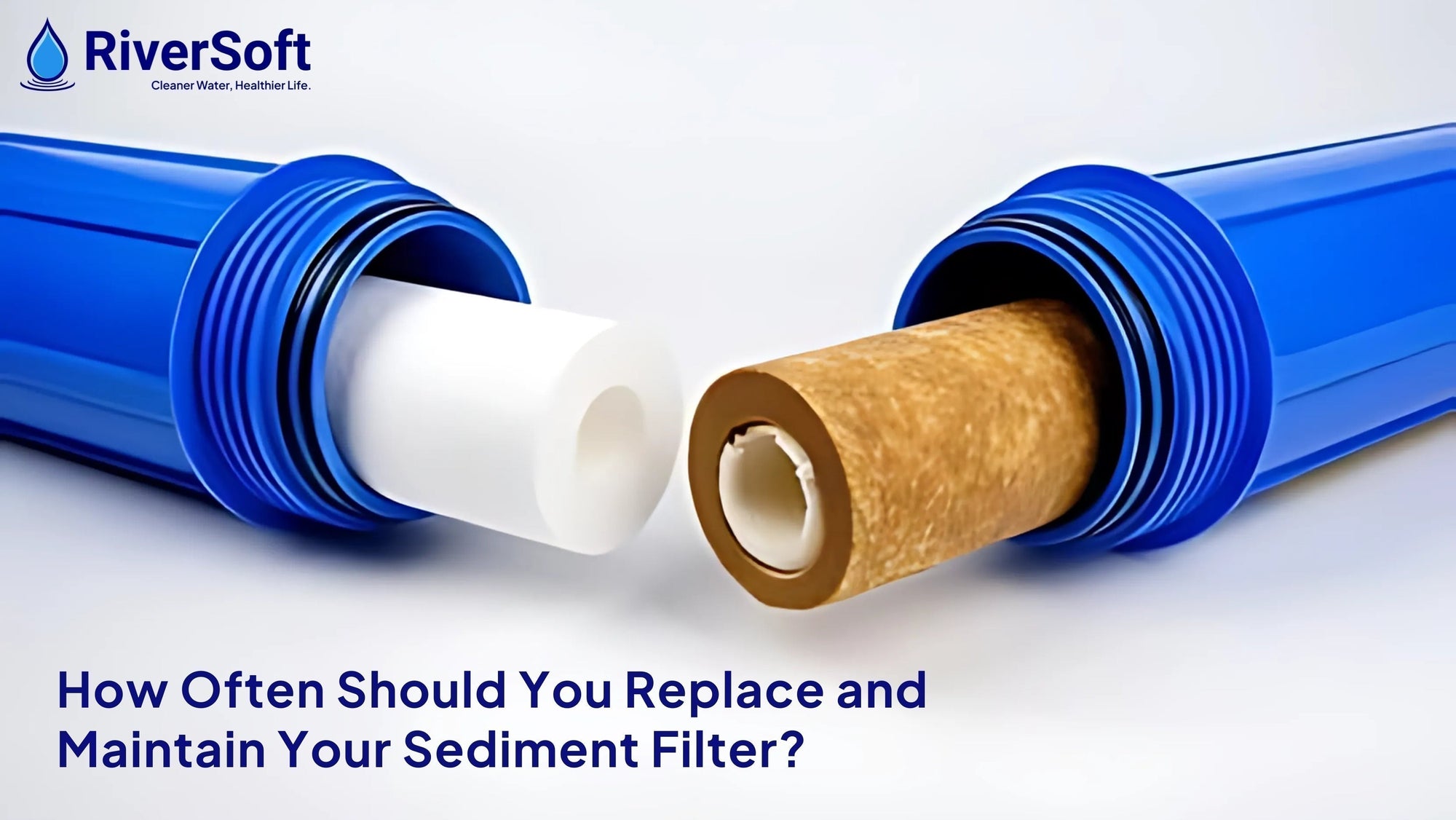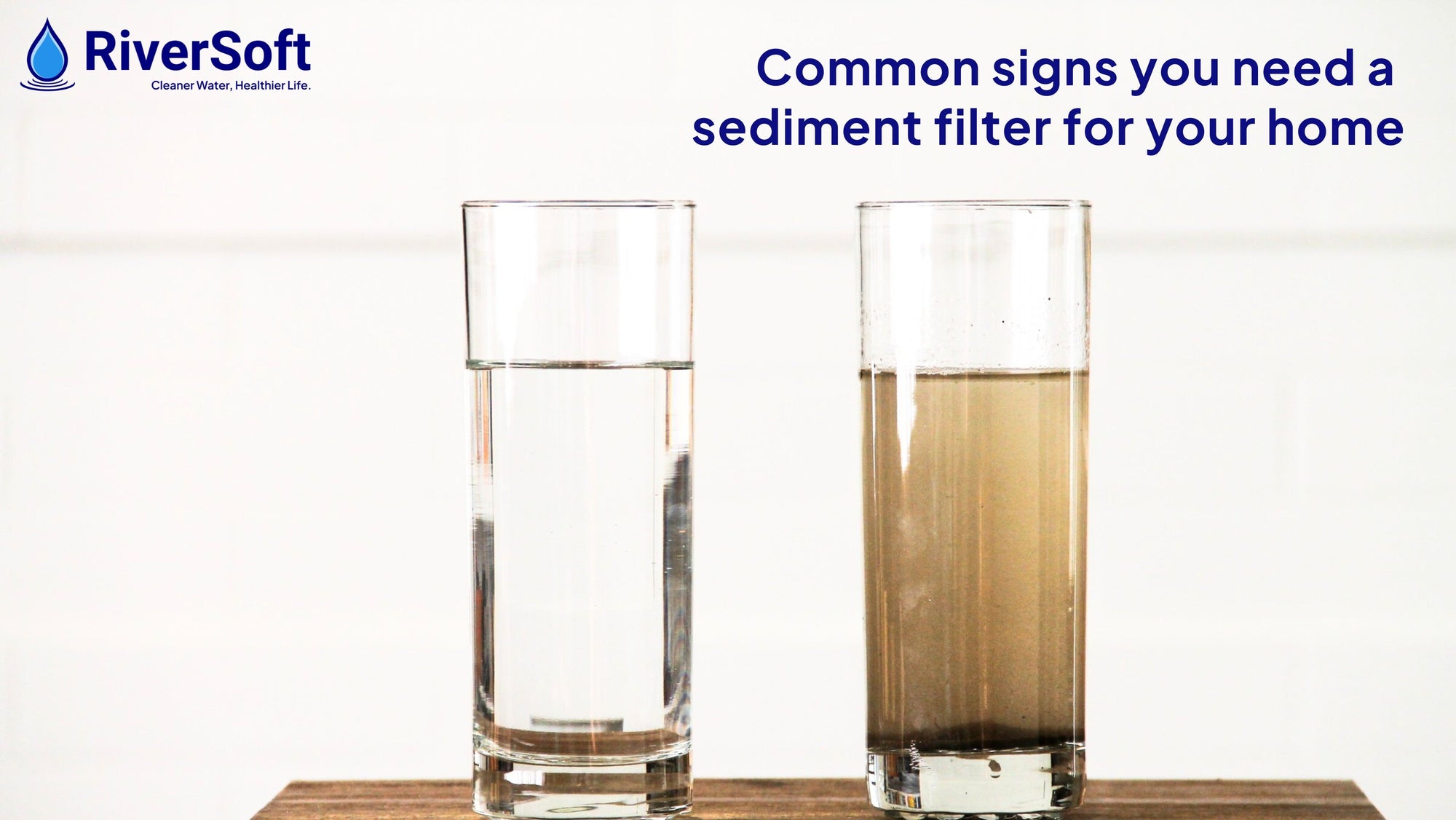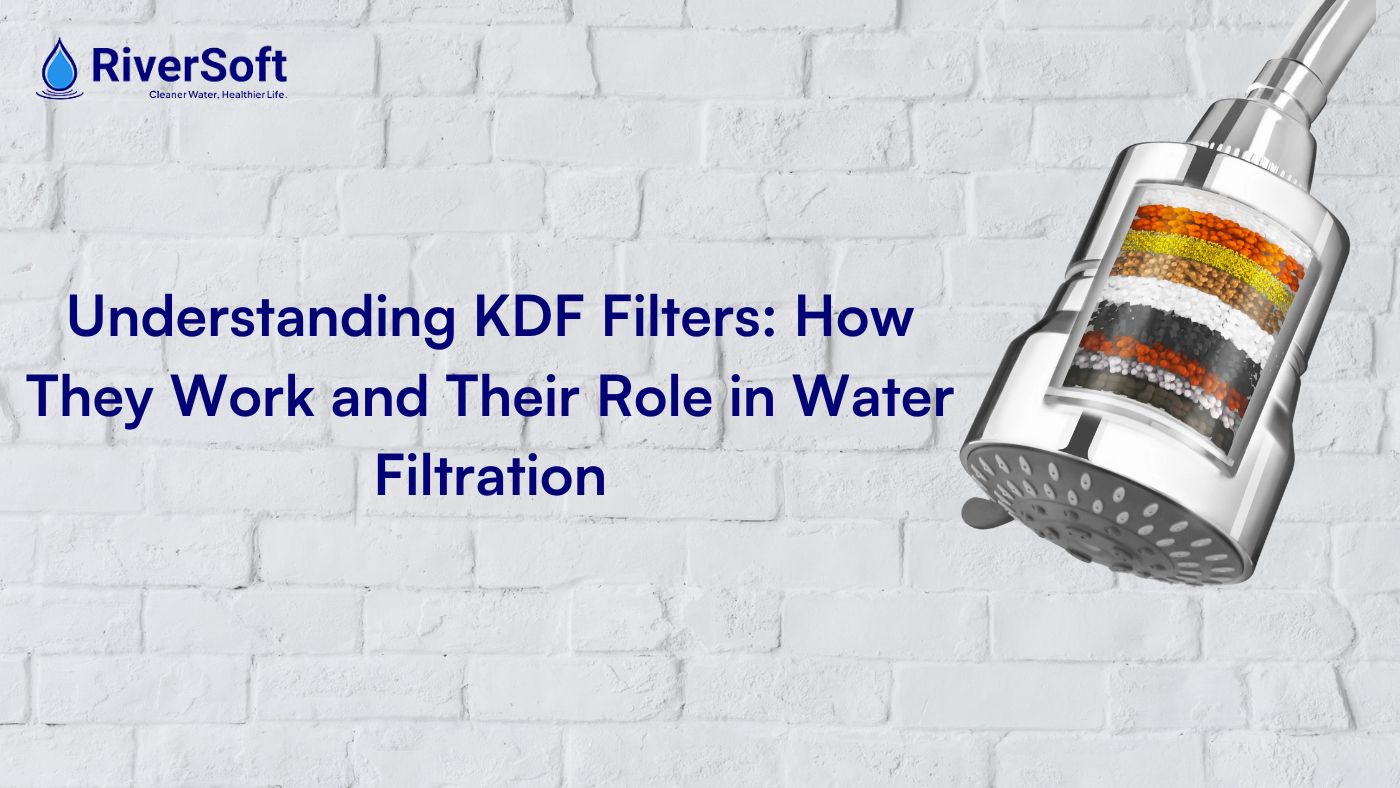Have you ever felt that no matter what hair product you use, your hair quality is still weak? The culprit may not be your hair care routine but rather the water quality in your home. According to studies, 76% of households in India receive hard water, which contains high concentrations of minerals like calcium and magnesium. These minerals accumulate on your hair and scalp, leading to dryness, breakage, and product buildup.
These minerals settle on your hair and scalp, causing dryness, breakage, and buildup of product. The effects of hard water on hair are rarely noticed, but they can cause serious problems in the long run. This is where a water filter for hard water becomes necessary. The hard water filter removes excess minerals and impurities, allowing your hair to be healthy.
In this blog, we will discuss how mineral deposits affect hair, the difference between using filtered and unfiltered water, and some tips on how to take care of your hair if you struggle with hard water.
What Exactly Are Mineral Deposits?
Mineral deposits are hard water containing dissolved minerals, mainly calcium and magnesium.
Dissolved minerals settle in places like pipes, bathroom fittings, and even hair.
In India, borewell water and groundwater are a primary source, making this problem of hard water common.
What Effects Do They Have on Your Hair?
-
Dry and Brittle
Moisture cannot get into the hair shaft due to hard water, so hair usually becomes dry and brittle.
-
Frizzy with Scalp Irritation
The minerals affect the natural pH of the scalp. This causes itchiness, dandruff, and frizziness.
-
Product Build Up
This makes the hair greasy or coated because hard water makes it ineffective by reducing the function of shampoo and conditioner.
Signs That Your Water Is High in Minerals
Dull, lifeless hair - Hair appears rough and lacks shine.
More prone to hair breakage - Minerals weaken hair shafts, making them more fragile.
Shampoo not lathering well - Hard water does not let the shampoo foam properly. Thus cleansing can be less effective.
Effects on Your Hair
-
Dry and Brittle Hair:
Hard water keeps moisture from entering the hair shaft, which makes the hair brittle.
-
Frizzy Hair and Scalp Irritation:
These minerals will change the natural pH of the scalp, which will lead to itchiness, dandruff, and frizz.
-
Product Build Up:
This makes the hair greasy or coated, as hard water makes shampoo and conditioner ineffective.
Comparing Unfiltered vs. Filtered Water on Hair
Hair Washed with Hard Water
-
Increased roughness and damage over time - The calcium and magnesium in hard water coat hair, making it dry and weak.
-
Loss of natural oils - Hard water strips the scalp of its natural moisture, leading to dandruff and irritation.
-
Weighed-down hair - The mineral buildup prevents hair from looking light, voluminous, and fresh.
Hair Washed with Filtered Water
Installing a shower head filter for hard water or a tap water filter can significantly improve hair quality.
-
Softer, smoother strands - Removing minerals prevents hair cuticles from becoming rough and dry.
-
Better absorption of hair care products - Shampoo and conditioner work better without interference from minerals.
-
Reduced scalp irritation and dandruff - A hard water filter ensures a healthy scalp and reduces itchiness.
Additional Hair Care Tips for Hard Water Users
If you are staying in an area with hard water, there are additional steps you can take to protect your hair.
Clarifying Shampoos & Rinses
-
Use an Apple Cider Vinegar Rinse - Mix 1 tablespoon of apple cider vinegar in 1 cup of water. This mixture is used as a final rinse to remove any mineral residues.
-
Chelating Shampoos - A chelating shampoo is a special formula to wash away mineral deposits from hard water.
Deep Conditioning Treatments
-
Once a week, apply a hydrating hair mask to replenish lost moisture.
-
To condition deep into the hair shaft and enhance hair elasticity and shine, look for conditioners with ingredients like argan oil, shea butter, or keratin.
Diet and Hydration
-
Hydration is key to maintaining the overall health of hair.
-
Include biotin, vitamin E, and omega-3 fatty acids to help strengthen hair from within.
Choosing the Right Water Filter for Your Hair
Using a water filter for hard water helps prevent the accumulation of minerals that can be damaging to hair. Some examples of these types of filters include the following:
-
Shower Head Filter-for Hard Water - Easy installation and filters out chlorine, calcium, and magnesium from your shower water.
-
Tap Water Filter - Effective for ensuring cleaner, softer water.
-
Whole House Hard Water Filter - Can be installed in your home for long-term purposes, to eliminate all minerals from the water sources in your house.
While buying any hard water filter, consider the following:
-
Filtration technology- the filter has to be multi-stage to remove chlorine, heavy metals, and sediment.
-
Ease of installation- Some filters attach directly to your showerhead or tap.
-
Filter lifespan- Check how often the filter needs changing to maintain the quality of water.
Conclusion
Long-term accumulation of minerals in hard water can cause hair dryness, frizz, and product accumulation. By using a hard water filter, you can remove excess minerals and protect your hair much effectively.
If you’ve been struggling with dry, brittle, and unmanageable hair, investing in RiverSoft could be the game-changer your hair needs.
Reference: The Times of India.







